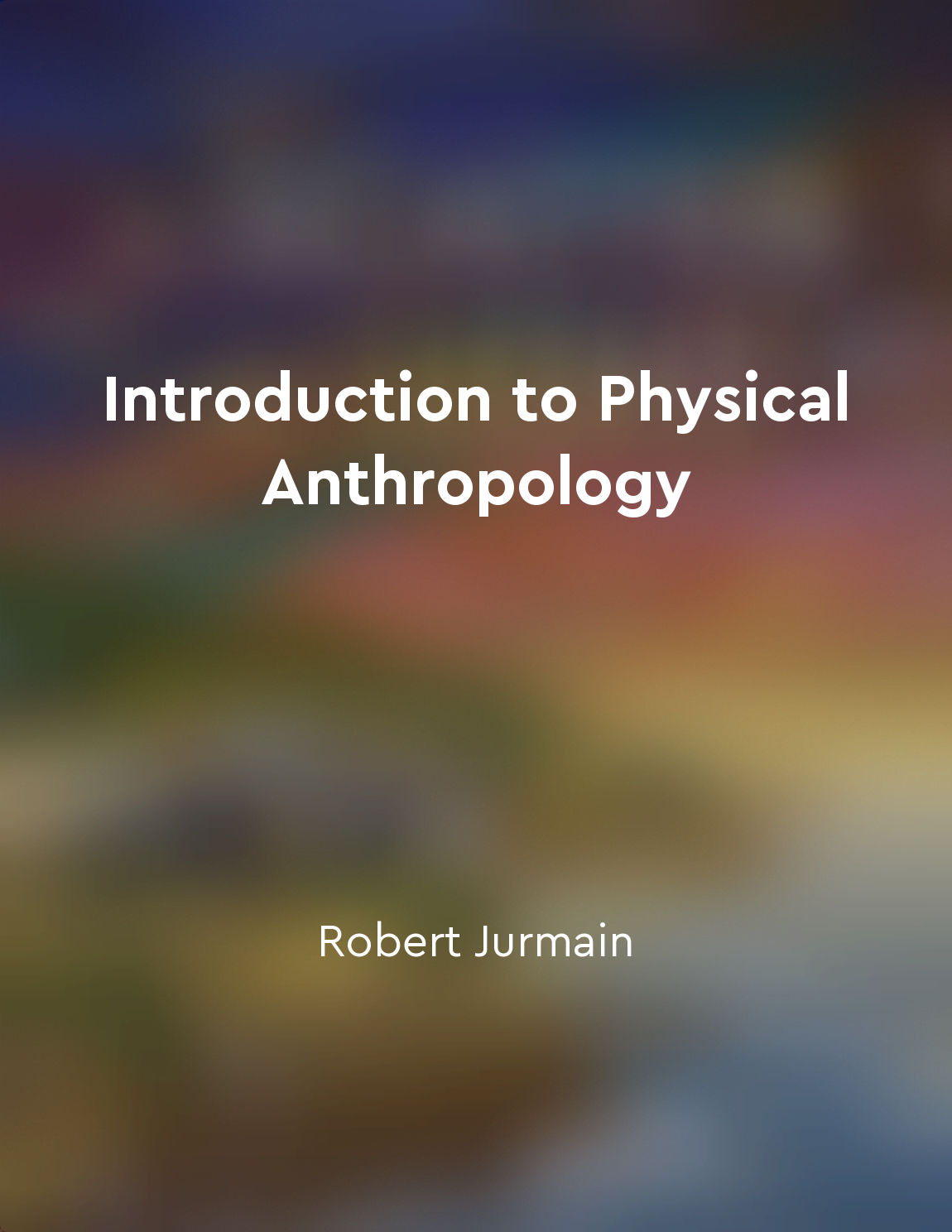The human capacity for language shapes our instincts from "summary" of The Human Instinct by Kenneth R. Miller
The ability to communicate through language is a defining characteristic of humanity. This capacity not only allows us to convey information and express thoughts and emotions, but also plays a crucial role in shaping our instincts. Language serves as a tool for social interaction, enabling us to form complex relationships and collaborate with others. In this way, our instincts for cooperation and social bonding are deeply influenced by our linguistic abilities. Moreover, language allows us to pass down knowledge and cultural information from one generation to the next. Through oral tradition, storytelling, and written records, we are able to preserve our collective experiences and wisdom. This transmission of knowledge helps to shape our instincts for learning, problem-solving, and adaptation. Our ability to learn and innovate is greatly enhanced by the use of language, allowing us to build upon the discoveries and achievements of those who came before us. Language also plays a crucial role in the development of our cognitive abilities. The act of speaking and listening stimulates the brain and enhances cognitive function. As we engage in conversations, debates, and discussions, our minds are challenged and our thinking is sharpened. This mental stimulation contributes to the evolution of our instincts for reasoning, critical thinking, and decision-making. Furthermore, language has the power to shape our perceptions of the world around us. The words we use to describe our experiences can influence how we understand and interpret reality. Through language, we are able to construct narratives and make sense of our environment. This process of meaning-making is essential to our instincts for sense-making and sense of identity.- The human capacity for language is a fundamental aspect of our existence that influences our instincts in various ways. From shaping our social behaviors to enhancing our cognitive abilities, language plays a crucial role in defining who we are as individuals and as a species. Our linguistic abilities contribute to the development of our instincts for cooperation, learning, reasoning, and perception. Ultimately, language is not just a means of communication, but a powerful force that shapes our instincts and our understanding of the world.
Similar Posts

The fossil record provides evidence of human migration patterns
The study of human evolution relies heavily on the fossil record, which offers valuable insights into our ancestors' migration ...
Humans learn from each other through imitation and teaching
In human societies, individuals learn from one another through a combination of imitation and teaching. This process is fundame...
Theory of mind helps humans cooperate
Humans have the unique ability to understand the thoughts and intentions of others, a concept known as theory of mind. This cog...
The mind is complex
The mind, that most mysterious and intricate part of our being, is a subject that has puzzled philosophers and scholars for cen...
Human cognition is characterized by perspectivetaking
Human cognition is characterized by perspectivetaking, which is the ability to understand the world from another person's point...

